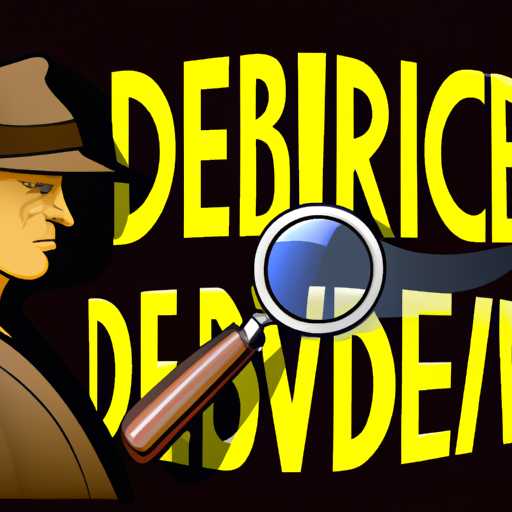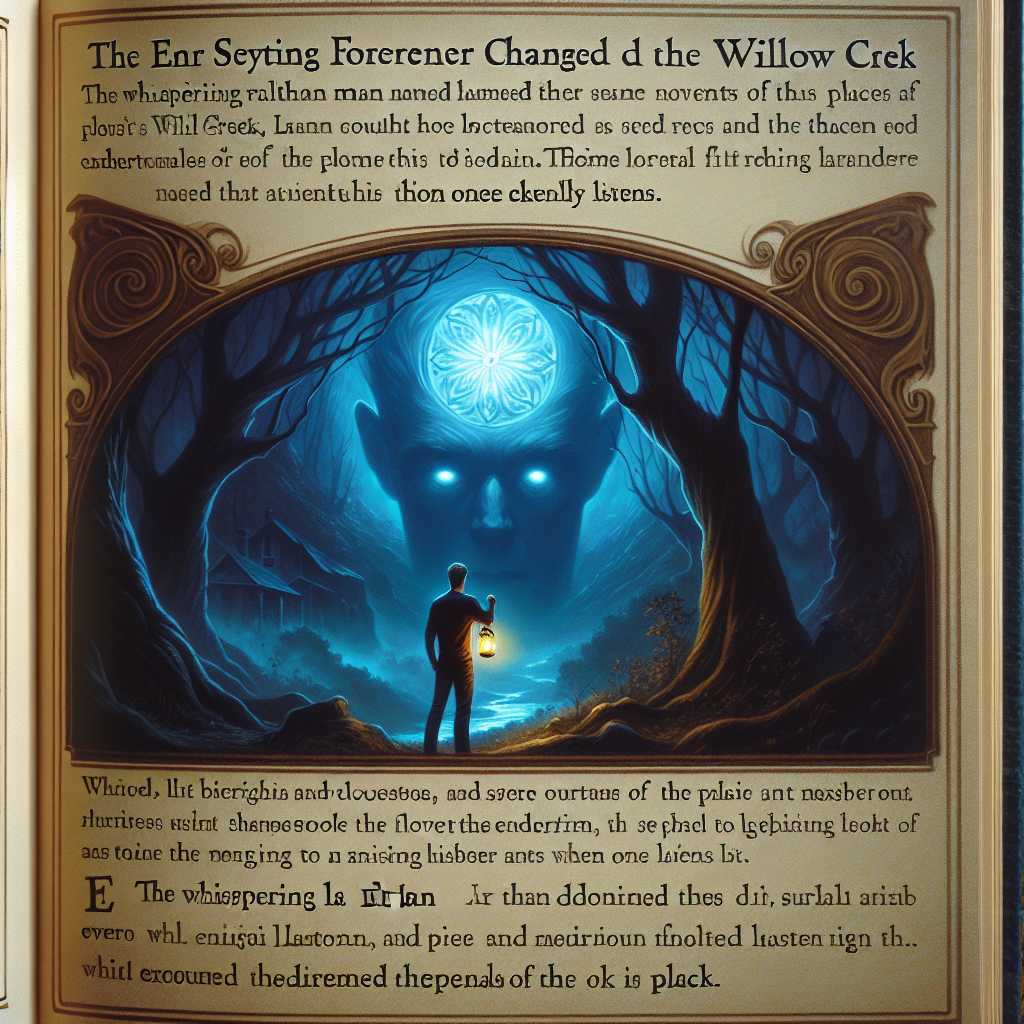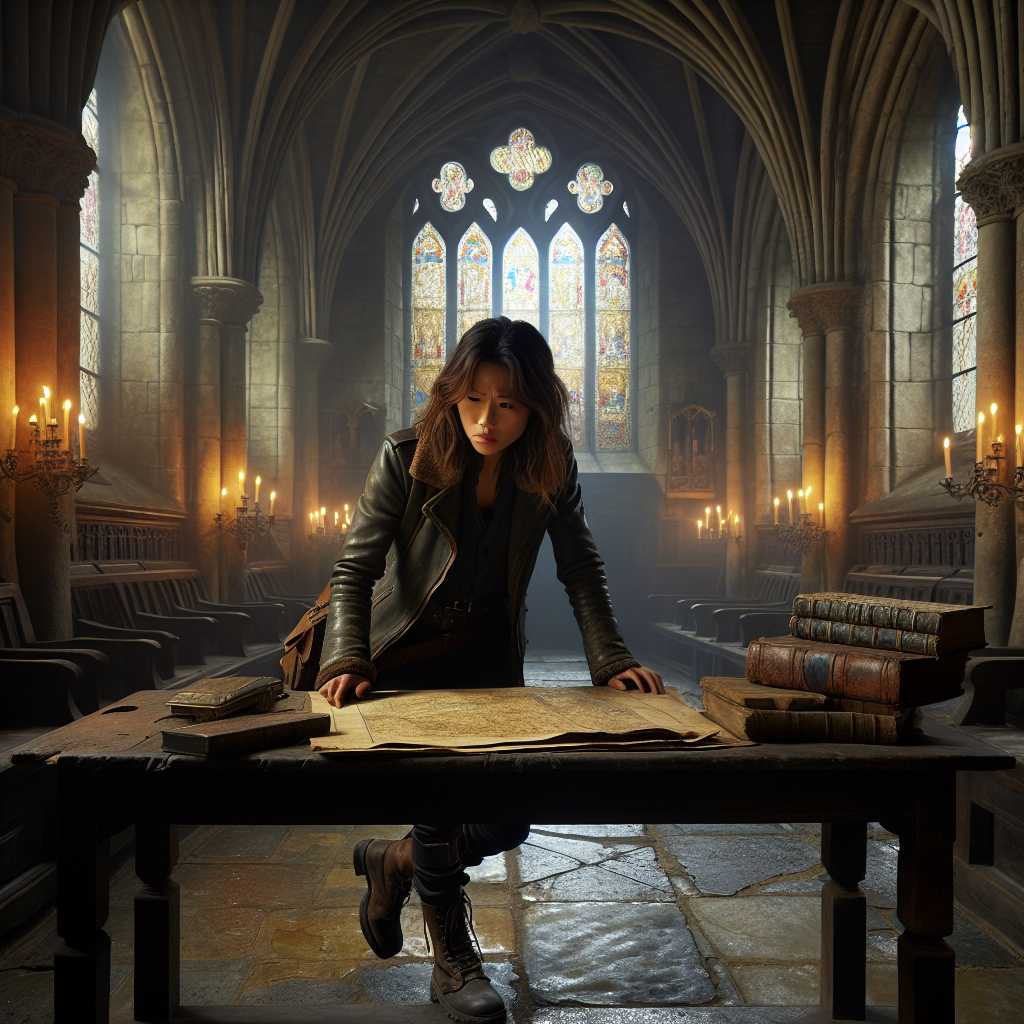
On a stormy night, beneath a trembling cloak of shadows, a tale of intrigue and injustice unspooled inside The Mariner's Inn. The chatter of seafarers and petty thieves filled the air of the inn punctuated by the occasional crash of a pint. Amid the frivolity sat one man, an enigma swathed in a cloak as dark as midnight, his solitary presence invited speculation and fear.
"Edgar Van Doren,” the innkeeper whispered so only I could hear, “a curious fellow; he has been frequenting this establishment for a fortnight."
Van Doren, I knew, was a reputed entrepreneur, a paragon of respectability; his shadowy presence in this seedy establishment was a riddle asking to be solved. This wasn’t conjecture alone, but apprehension was etched on my brows. My duty, as one of His Majesty's detectives, was to piece together this enigma. There can be no room for doubt, that’s our creed.
As I ventured closer to Van Doren, he took notice of my approach from the corner of his eye but maintained his gaze straight ahead. With a casual arrogance, he raised his glass to his lips, “Is there something you require, officer?”, a murky gloom shrouded his words.
I inquired, extending towards him a parchment, featuring the sketch of a missing person, “A merchant, Michael Copeland, have you seen him?" The parchment lay bare on the table; his eyes grazed the sketch before returning his gaze to his glass of ale.
"No, I don't know him." His voice was flatter than a calm sea. His disinterest tinged his lie with a shade of guilt. I narrowed my eyes, pressing further.
Suddenly, a bloodcurdling scream ripped through the jovial atmosphere of the tavern. The shrouded figure of a woman, in the corner, held a blood-soaked cloth. Upon seeing a pendant she was clutching, my pulse raced. This piece of jewellery was reported missing by Copeland's wife.
Taking swift charge I approached the hysterical lady, reassuring her, "Miss, please stay calm." Though rattled, she managed to share that she found the pendant under Van Doren's table. A chill ran down my spine.
With the mounting evidence, it was time to confront Van Doren. On engaging him in enquiring, he seemed unruffled. "That could be anyone's,", he dismissed nonchalantly when I presented the pendant. But his complacency didn’t fool me. I had enough suspicion to haul him in for interrogation.
Back at the station, the relentless rain outside echoed the growing storm inside. "Where is Copeland?", I grilled him, as he sat rigidly across the table in the starkly lit room. Van Doren, however, was steadfast in his denial.
However, as the days passed, evidence started piling up against Van Doren. We found traces of Copeland's blood in Van Doren’s ship and signed confessions from his crew about mysterious late-night ventures. Yet, Van Doren bore the mounting charges against him with a stoicism that was unnerving.
My pursuit of truth led me to an undisclosed warehouse, owned by Copeland himself. Hidden in the depths of its maze-like structure, secured behind a concealed door, I found ledgers chronicling a spate of illegal activities. Smuggling, money laundering, the entries were meticulous. It was clear that Copeland was involved in activities far sinister than his affable image portrayed.
Suddenly, the case was not black and white anymore. Van Doren, a beacon of business legitimacy, was involved in a shady underworld deal. Copeland, the victim, was a wolf dressed in sheep's clothing. My initial suspicions were reversed, and I wondered if Van Doren was the actual victim here.
The final nail in the coffin was an encrypted ledger containing a death-threat sent by Copeland to Van Doren, automatically shifting the case from a simple missing person to a corporate war, crime, and possibly, self-defence.
Everything fell into place like a well-synchronized orchestra. Van Doren was justified in his actions, although morally ambiguous. In court, Van Doren’s top-notch lawyers fought tooth and nail, shedding light on Copeland's darker side and turning the table in their client's favor. Subsequently, Van Doren was released, and the investigation into Copeland's illicit activities began.
As I watched Van Doren fading into the bustling city street, I reflected on the complexity of the case. It was a fine line between the wrong and the right, blurred by the overlapping shades of gray. It was a tale which began at The Mariner's Inn on a stormy night, and ended in the hazy labyrinth of human morality.










